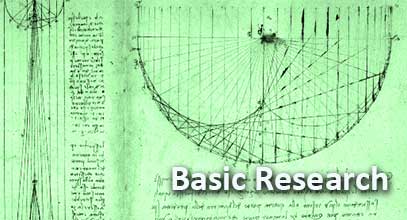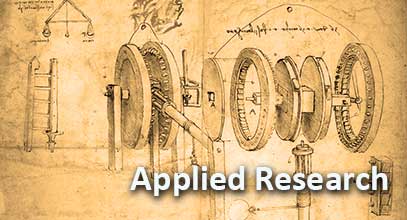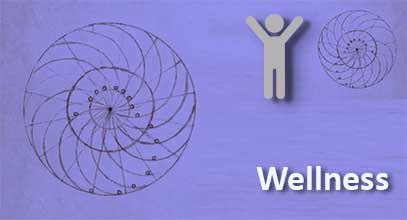Home
14 February 2011
BM-Science and an UK based partner achieving promising preliminary results on a clinical trial for non-medicated treatment of medical-resistant depression.
28 June 2010
The BM-Science researchers have recently published the paper "Natural world physical, brain operational, and mind phenomenal space-time" in the journal "Physics of Life Reviews" - an essay covering fifteen years of research in the fields.
- New potential methodology for the development of psychoactive drugs
- The theme “BRAIN AND MIND: A Unified Metastable Continuum” presented at a multi-disciplinary workshop, in Germany
- The article “Cortical operational synchrony during audio-visual speech integration” sets trends in scientific publishing
- Scientific article selected as the “Best Research Paper” and its authors granted the Henry Guze Award



